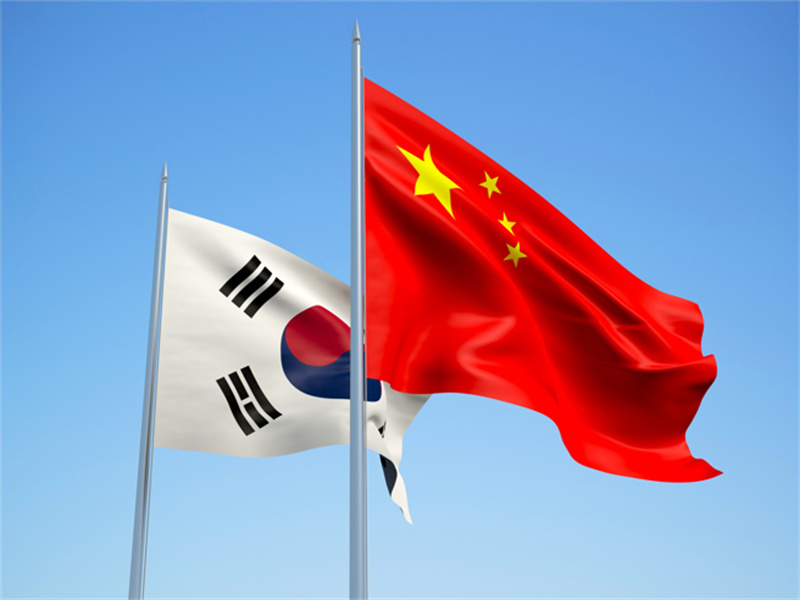On Tuesday (Oct. 29), China confirmed the detention of a South Korean chip engineer on espionage charges, heightening the tensions between the two East Asian nations over the critical semiconductor industry. The engineer, in his 50s and residing in Hefei, Anhui province, was arrested in December, according to diplomats quoted by South Korea's state-owned news agency, Yonhap
China's foreign ministry acknowledged the arrest and stated it had informed Korean officials. Spokesperson Lin Jian emphasized that the country investigates illegal activities in accordance with the law while ensuring the individual's rights are protected. The South Korean foreign ministry is providing consular support to the engineer and his family, with the Financial Times confirming his ongoing detention.
This marks the first arrest of a South Korean national under China's revised anti-espionage laws, which have raised concerns among foreign businesses. It comes as South Korea, home to leading memory chip manufacturers, strives to maintain its technological advantage in the $158 billion sector.
“Competition between China and South Korea in the chip sector is intensifying,” noted Jaemin Lee, a trade expert at Seoul National University. “While companies like Samsung and SK Hynix lead in advanced memory chips, the gap is narrowing. We can expect more industrial espionage cases, especially in high-tech areas vital to national security.”
The Chinese government has detained several foreign business figures, including British consultant Ian Stones and a Japanese executive from Astellas Pharma, amid increased focus on national security under President Xi Jinping. Authorities have also targeted foreign consultancies, notably raiding the Shanghai office of US firm Bain last year over semiconductor-related work for a South Korean client.

According to South Korea’s Chosun Ilbo, investigators reportedly isolated and interrogated the engineer, identified as “Mr. A,” at a hotel for over five months, suspecting him of leaking semiconductor information. Previously employed by Samsung Electronics and CXMT, China’s leading memory chip producer, this case echoes a January indictment of another engineer for allegedly leaking Samsung technologies to CXMT.

In a related incident, Choi Jin-seok, a former executive at Samsung and SK Hynix, was arrested in South Korea for allegedly attempting to create a “copycat” memory plant in Xi’an using stolen Samsung blueprints.
Ben Forney, a researcher at Seoul National University, expressed skepticism that Mr. A would gain from sharing trade secrets, given that CXMT’s technology lags behind that of South Korean firms. He noted that Seoul is actively combating Chinese attempts to acquire Korean technology, recently introducing measures to detect and penalize technology “leakage” to China.
As Beijing intensifies efforts to counter US restrictions on access to advanced chipmaking technology, Korean companies in various sectors are also fighting back against perceived Chinese intellectual property theft. Last week, LG Chem, parent company of LG Energy Solution, filed a patent infringement lawsuit in Seoul against the Korean unit of Chinese battery materials firm Ronbay.
+86 191 9627 2716
+86 181 7379 0595
8:30 a.m. to 5:30 p.m., Monday to Friday
